Every person in Lebanon has probably been asked: “Where were you during the Beirut port explosion?”
My response is always the same: I was here, in Beirut.
On 4 August, when the explosion ignited our skies, I was here – fighting for my life as windows, doors, and buildings collapsed around me. I was still here in the painful hours that followed, working with fellow activists to spearhead clean-up efforts, distribute food and rescue neighbours trapped under the rubble. And when it was revealed that our government’s alleged negligence led to the fatal blast, I remained here – on the streets with my sisters – to demand justice.
We were among the first to respond to this disaster. We were here before international aid workers arrived, before France hosted an international aid conference for the humanitarian response, and before the dust settled on our now devastated city.
In Lebanon, the critical contributions of local groups to humanitarian action were clear well before Beirut’s port burst into flames. Grassroots organisations have played a vital role in our country’s response to the Covid-19 pandemic, including sharing health information with LGBTQ+ people, refugees, migrant workers, and other marginalised populations. When we recorded a rise in cases of domestic violence during the lockdown, feminist groups stepped in to provide protection and psychosocial services for survivors.
Local groups were also here during Lebanon’s October revolution, in support of the thousands of people who poured on to the streets to protest against decades of government corruption and economic mismanagement. And before that, it was local groups that helped people during Lebanon’s civil war from 1975 to 1990. Simply put: in every crisis, local organisations have been there – long before foreign humanitarians arrived, and long after they left.
Yet in every crisis we are excluded from humanitarian funding and decision-making. Local and national organisations have so far directly received less than 0.6% of total humanitarian funding for Lebanon’s Covid-19 response plan. This is less than the already low global average, with 8% of all humanitarian aid going to local and national groups worldwide.
Donors have pledged nearly $400m (£300m) in response to the Beirut explosion, though primarily to UN agencies and other international NGOs. Despite high-level promises that aid would be directed “to the people”, how much local organisations will receive has yet to be specified.
To drive the most effective, inclusive, and sustainable response possible, this needs to change. International organisations that received the majority of pledged funds for Beirut must ensure that those resources are distributed to local groups.
At least 50% of that money should go to local feminist organisations to make sure the needs of women and girls in all their diversity – often forgotten in times of crisis – are met. This means providing the breadth of services that girls, women, and gender-nonconforming individuals need in the aftermath of the explosion, including sexual and reproductive healthcare, protection from gender-based violence, and mental health support.
Donors must also work collaboratively with organisations to ensure funds are flexible and accessible – especially given Lebanon’s current economic crisis, where bank limitations and high fees create barriers to receiving money quickly.
At the same time, international organisations must ensure local organisations – including feminist groups – can attend humanitarian coordination meetings and participate in other decision-making processes in response to the explosion. This means conducting meetings in Arabic.
Decisions made now in response to the Beirut blast will affect my country’s destiny for generations. As trusted community leaders and local experts, we must be included in decisions that will shape our country’s future.
Read at the source on this link.


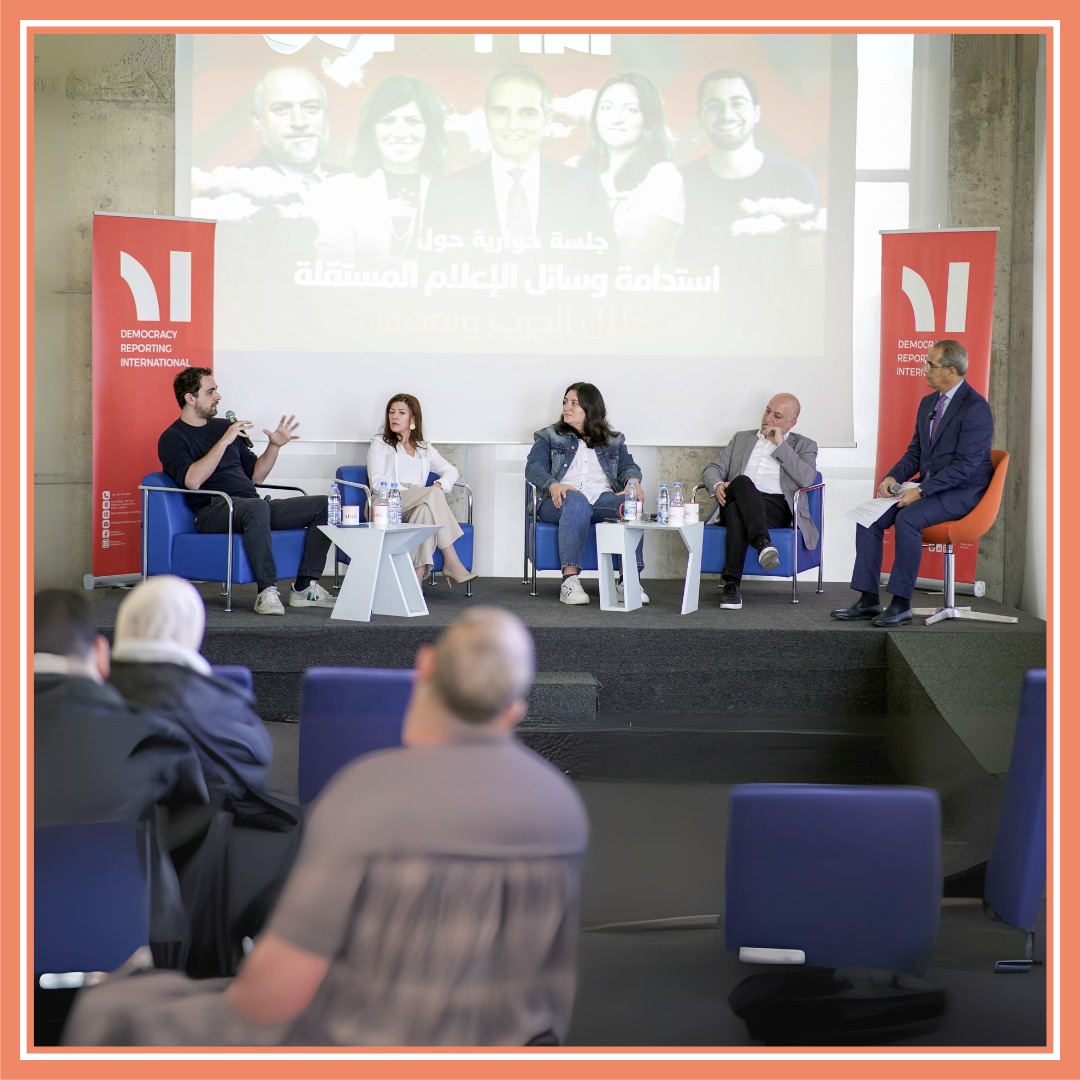
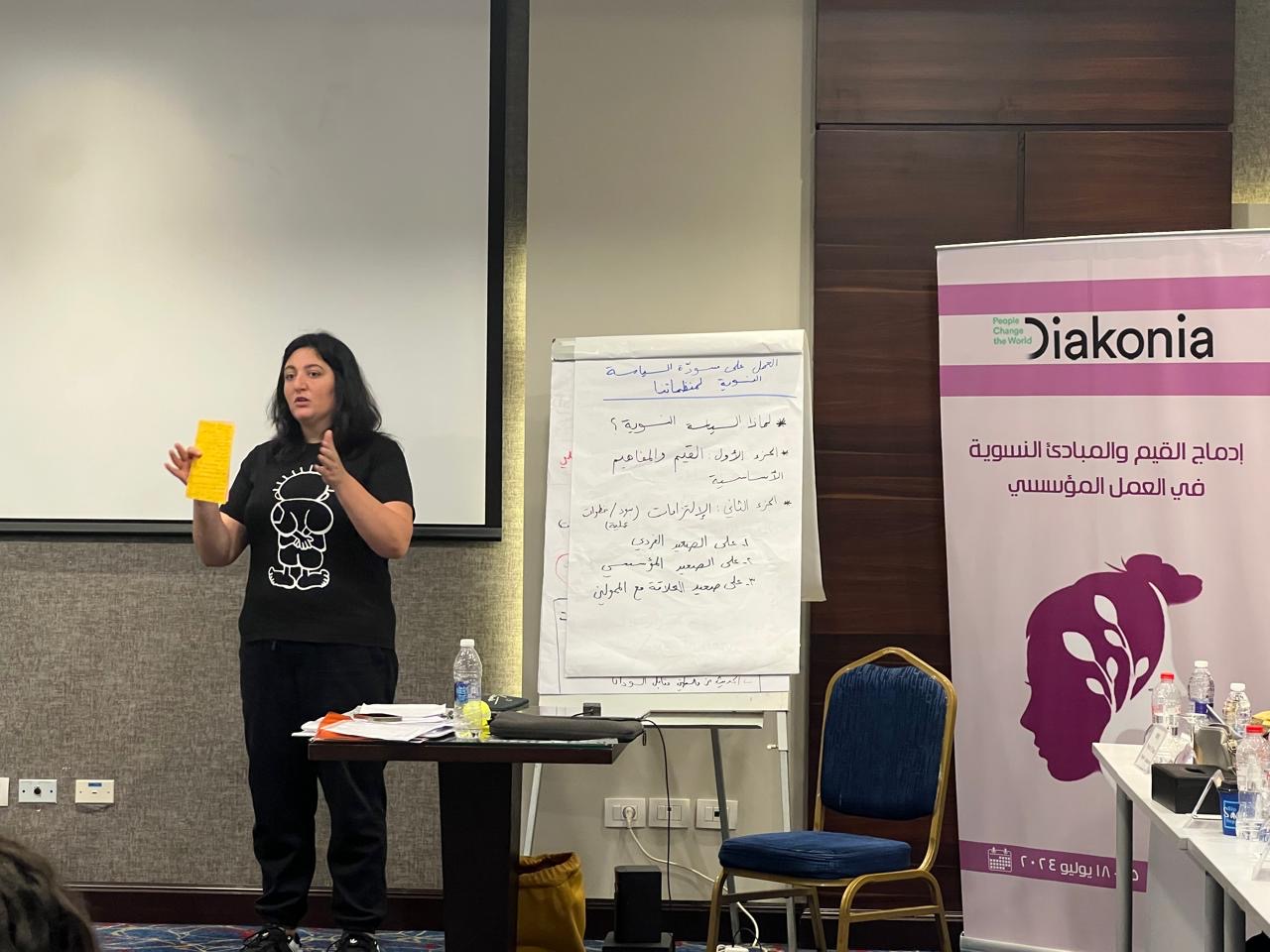
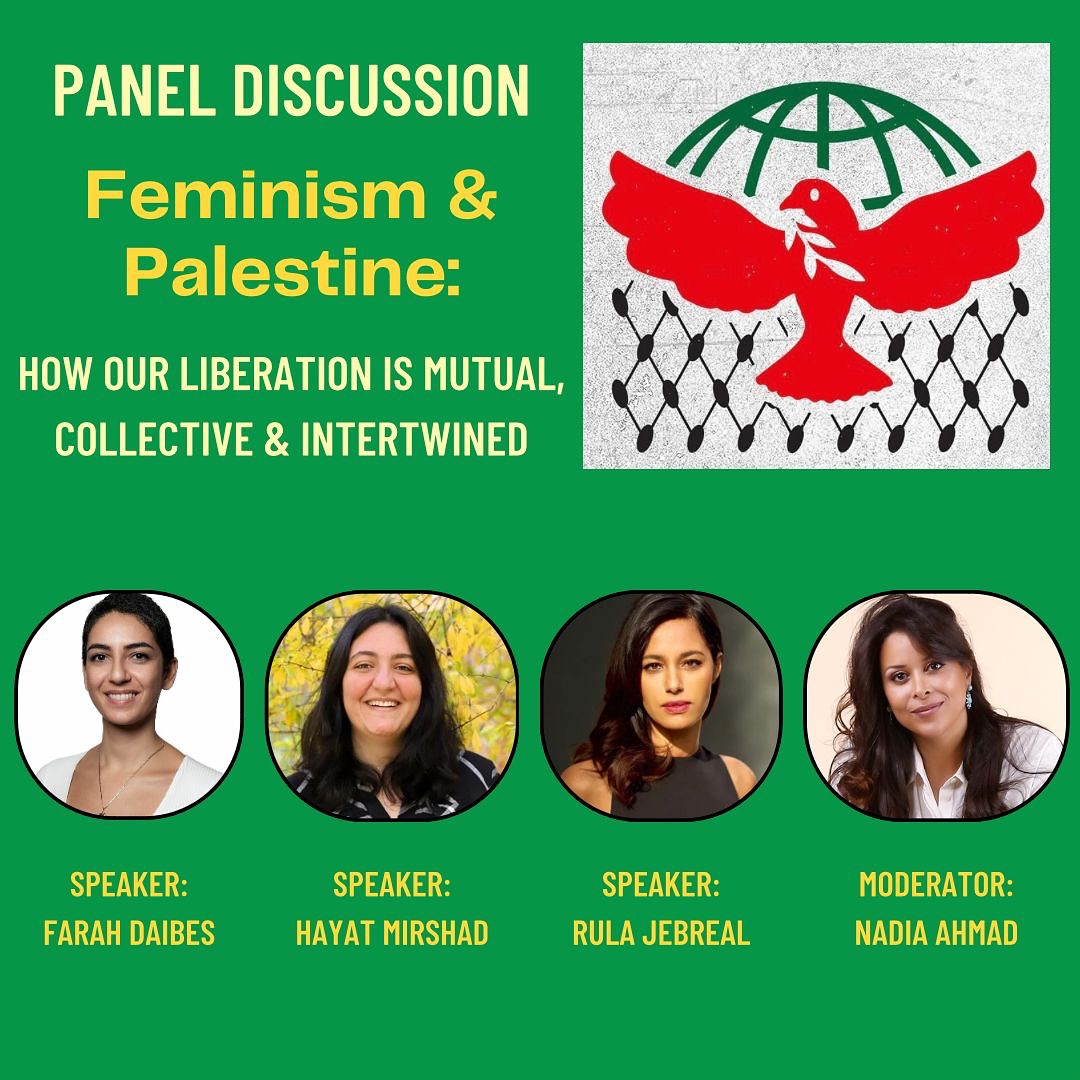

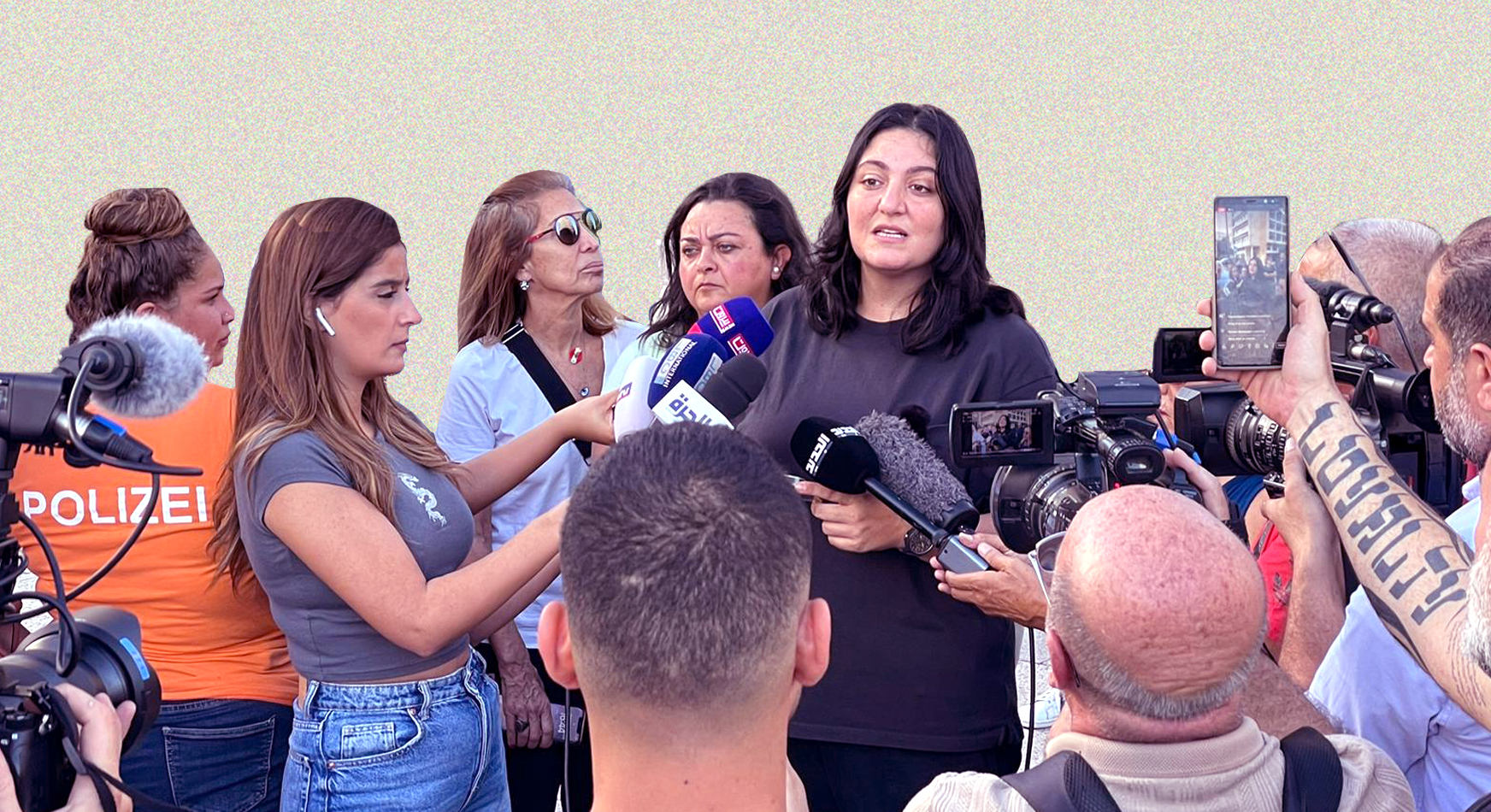
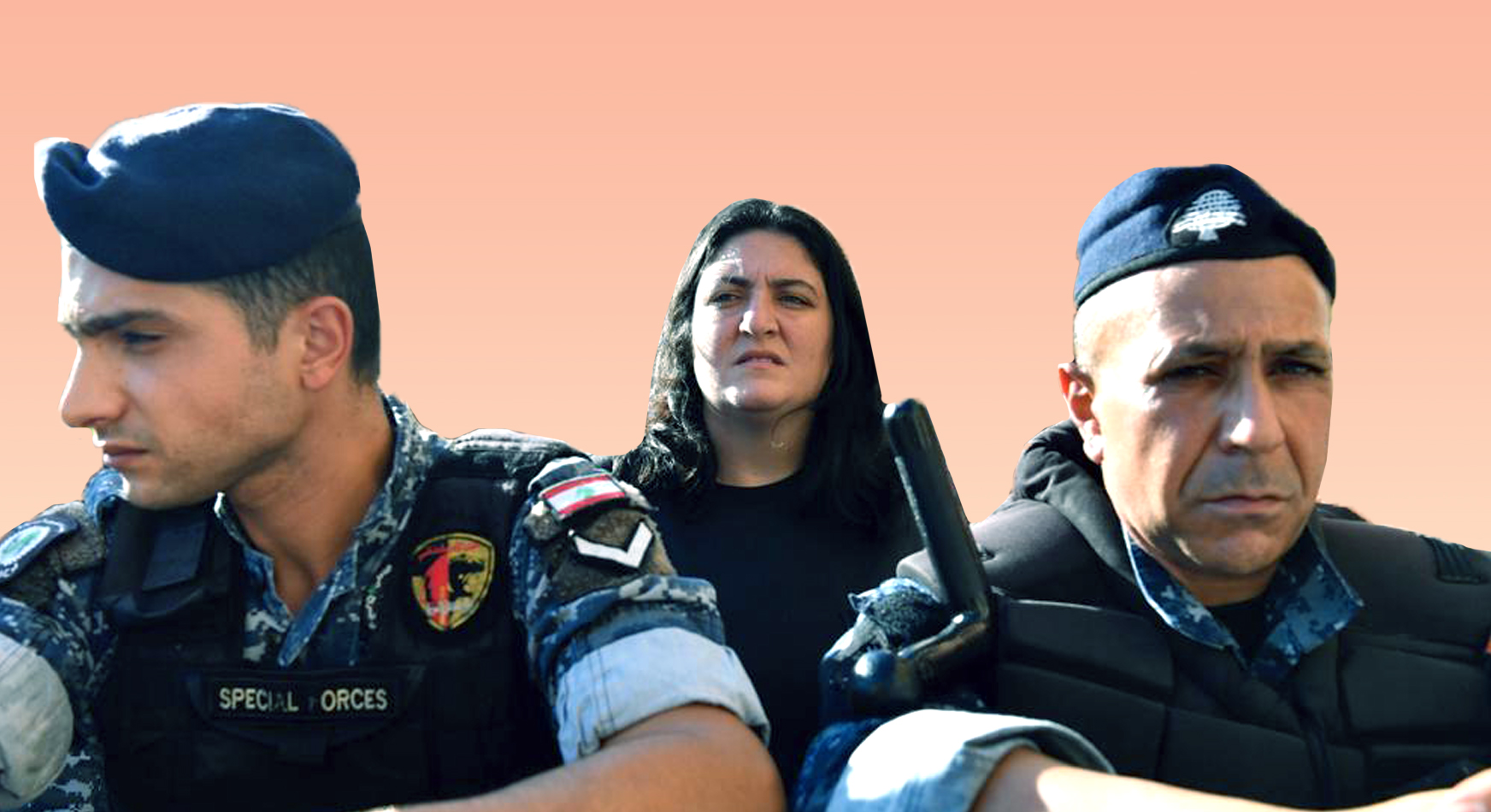
Leave A Comment